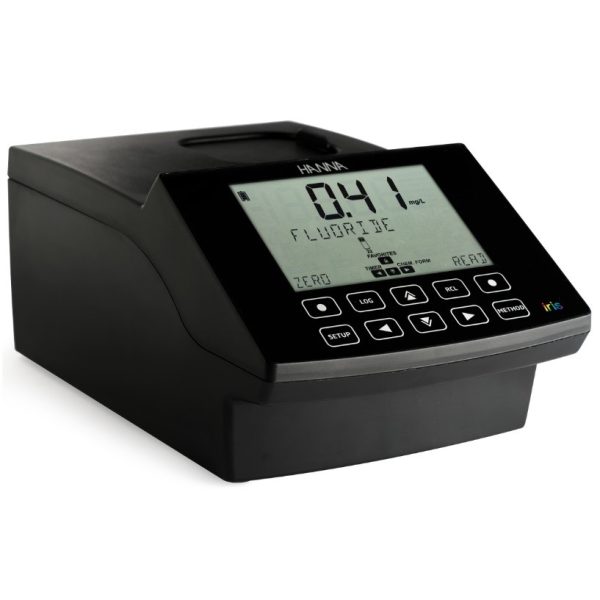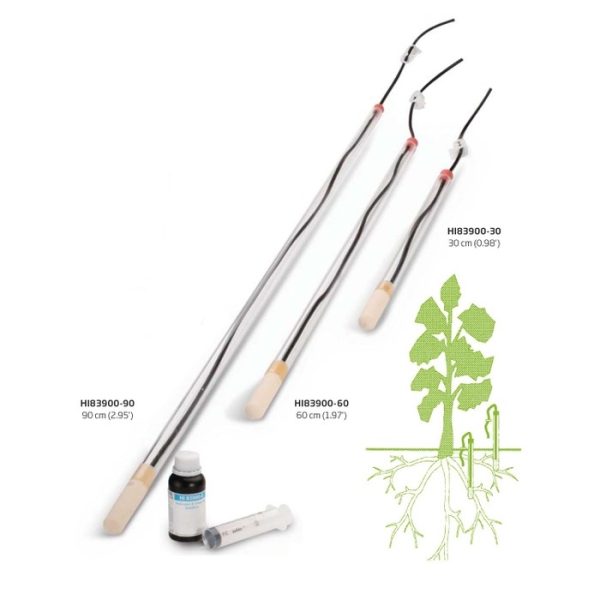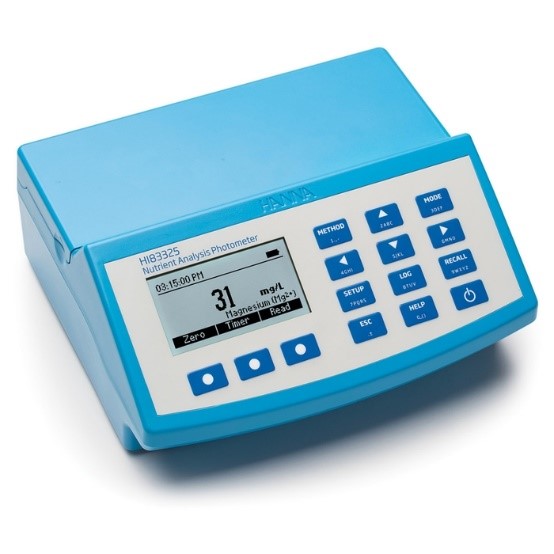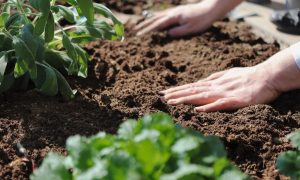
All
Farmers
Who grow plants in the "open-air factory", especially professionals, should dedicate themselves to conduct soil analysis .

Today

Today
The most important thing in the world, where the prices of inputs are increasing every day and uncertain, with the most rational investment, you must get the highest quality product and a good yield. Of course we need to do all this to preserve the environment, soil and water for future generations.
It is a legal obligation for every farmer registered in the system to perform a land analysis once every five years. Although this is a too long period without analysis control, because with each growing season, nutrients are taken out of the soil and because of that various breeding problems can occur.Thus, Hanna Instruments enables every hobbyist and professional to monitor and perform correction if needed, in order to achieve and maintain stable yields, healthy fruitage and preserve soil fertility.
Every crop that is grown, whether an annual or permanent crop, has specific nutrient needs at each stage of physiological growth.
We can get a lot of information from the analysis, and if the analysis show that the situation is not good, we can start with corrections and alternations to the default and desired value. It won’t be quick and easy but there are ways to monitor and measure with Hanna Instruments that has a pretty good portfolio to track in annual and perennial crops.
By measuring the pH value, calcification norms are calculated to reduce soil acidity.
When determining the amount of nutrients to plants, care should be taken to determine the target yield and therefore adjust the supplement with mineral and organic fertilizers.
Spring sowing is an essential time to add all the necessary nutrients to the plants to keep them healthy and strong & to encourage better growth and root development that will give the plants security in dry and under stressful conditions.
Without a doubt, cultivation of the land to provide sustenance is a hefty job. Whether you work a family farm or a corporate one, you need to test your soil and products in order to boost growth and yield. Testing can be durable, portable, and easy so that you can have the best harvest possible.
For plants to grow resilient and reach their full potential, they need nutrients and above all good soil. Soil analysis allows everyone, even the “home gardeners” to get the results of their dreams. Testing the soil can save you anguish, time and most of all money. The essential measurements to be collected are mainly pH and electrical conductivity (EC) of the soil. And here Hanna runs to your aid on how to analyze the terrain!
Soil pH analysis
Each type of plant needs its preferred pH . For example, roses and carrots prefer a pH between 5.5 and 7.0, while asparagus from 6.0 to 8.0. The pH of the soil determines which and how many nutrients are present in it . It also affects root growth and soil microbial activity. Hanna has developed a series of specific pH meters for soil direct measurement.
Electrical Conductivity (EC)
The electrical conductivity (EC) of the soil works side by side with the pH parameter. EC helps keep track of the amount of nutrients available to your plants. It can also give you an idea of the dissolved salts in the soil. In fact, plants have various tolerances for dissolved salts and nutrient concentrations. Plants such as peas and beans are very sensitive to salts deposited in the soil, while tomatoes have a moderate tolerance for greater conductivity.
Hanna has created EC testers to help you choose the right crop for your soil or improve it according to your needs, all at an affordable price .
Nutrients
Each plant absorbs water and nutrients from the soil, which are essential substances for growth. First of all, each plant has specific needs to receive the Primary Macroelements: Nitrogen / Phosphorus / Potassium.
The purpose of fertilization is to obtain a supply of nutritional elements adequate to the actual needs of the plant. Consequently, it is necessary to carefully monitor the amount of nutrients present in the soil , to be sure to provide your crops with only the nutrients they actually need. In this way, overdosing can be avoided , which is wasteful and can cause impoverishment of the soil, thus having advantages in terms of efficiency and economics. Hanna has just the thing for you, tools that measure the most important nutrients for your plant’s growth!

Spectrophotometer iris

Suction Lysimeter for Root Level Soil Monitoring
Author: Saša Perica, bacc.ing.agr.









